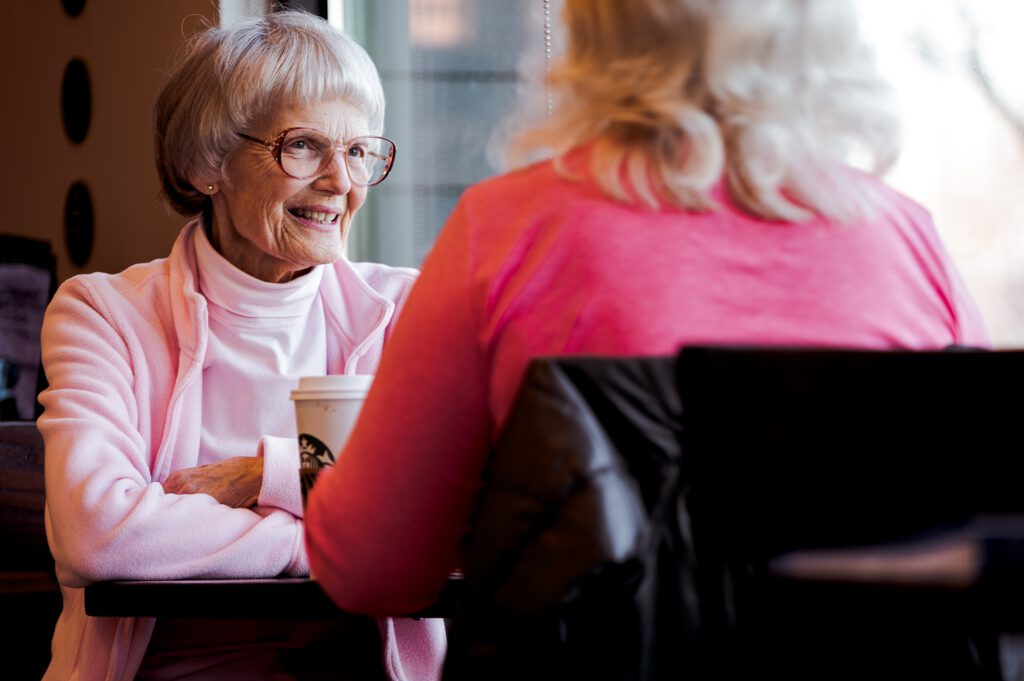6 practical tips for helping a loved one rebuild speech abilities after a stroke

The Stroke Association reports that every five minutes, someone in the UK has a stroke. At least 87% of the patients have ischemic strokes where a blockage in the arteries results in halting blood supply to the brain.
A stroke is a traumatic experience, and recovery and rehabilitation is a long process. Close to 33% of victims deal with communication issues in the aftermath of a stroke. Common problems include trouble speaking, listening, and comprehending language. Reading and writing skills are also hampered because of damage to the brain’s left cortex.
Aphasia – problems with communication skills as a result of stroke
In medical terms, communication challenges after a stroke are a condition termed “aphasia.” Thankfully, with speech therapy sessions, patients can recover their communication skills. The extent of recovery depends on each individual’s capabilities and the extent of the brain damage caused by the stroke. Once patients start the recovery process in the hospital, they can continue getting therapy from a credentialed speech therapist.
As a caregiver to a parent or loved one recovering from a stroke, you can help by reinforcing the training provided in therapy at home.
Do keep in mind that patients with aphasia have delayed overall recovery because of their inability to communicate. Feelings of social isolation and frustration can make the road to wellness long and complicated. Here are some practical tips you might find useful.
Signing up for a rehabilitation programme with a detailed structure is critical
Well-structured speech therapy for adults offers patients social support, adequate stimulation, and encouragement to ensure that they stay in treatment and make the best recovery possible.
When mobility is limited, online speech therapy can help make the process less demanding.
Research also suggests that high-intensity speech-language therapy where the sessions last longer give patients a better chance of recovering faster. Training is intense with short few-second breaks. Caregivers, family, and friends joining in the training programs can speed up rehabilitation.
Practising and repetition is key to rebuilding communication skills
The exam prep app developers at Pocket Prep advise that the best learning and brain training techniques incorporate persistence, practice, and repetition. They also suggest memory-enhancing tools like Repetition, Imagery, and Patterns (RIP). Here, therapists train patients to connect images and words or patterns and words to stimulate communication skills. Playing simple board games that use cards and word games like crossword puzzles and Scrabble also help.
Group therapy encourages learning in an informal environment
Group sessions under the supervision of an expert speech pathologist are an optimum setting for recovering communication skills in an informal ambiance. Taking turns speaking, starting a train of discussion, and correcting errors takes away stress and anxiety over struggles with language.
Patients can overcome the sense of unease and embarrassment when struggling with simple words. Assisting one another improves confidence levels and takes away frustration. Such informal sessions can also be conducted at home around friends and loved ones who can create a supportive atmosphere.
Using music and tunes to improve communication
Music is possibly the best therapy that can help build new neural connections in the brain after a stroke.
Speech pathologists may encourage patients to sing words during therapy sessions. This process helps create and strengthen neural links in the brain’s injured speech and comprehension centres.
Music also enhances concentration, which can be critical when relearning how to pronounce words and restore language functions.
Listening to audiobooks also improves brain synapses, lowers confusion, and transforms moods. Patients feel calmer and relaxed – all of which aids in the recovery process.
Training in voice inflections and body language
Voice inflections and proper pronunciations can change the entire meaning of a sentence while body language and gestures help convey the context and feelings behind the spoken words. Patients must relearn these skills as part of their communication therapy sessions.
The loss of muscle coordination often results after a stroke, which is why, understanding and conveying a message using facial expressions becomes challenging. Speech therapists include this training in their sessions, but caregivers can help with patience and encouragement.
Integrating patients into normal living
Even as patients’ communication skills improve, family members and caregivers can aid in the rehabilitation process by encouraging them around the house. And that includes reading recipes and cooking them or writing weekly shopping lists. Working on thank you notes to well-wishers for their support and reading the menu at restaurants are good practices.
Such actions raise confidence that patients can live a productive life once they recover.
Rehabilitation and the ability to communicate effectively is absolutely possible after a stroke. Getting therapy with a speech pathologist helps patients recover speaking, listening, and comprehension skills critical for everyday living. With patience, practice, persistence, and support from loved ones, patients can go on to lead fulfilling and independent lives.

